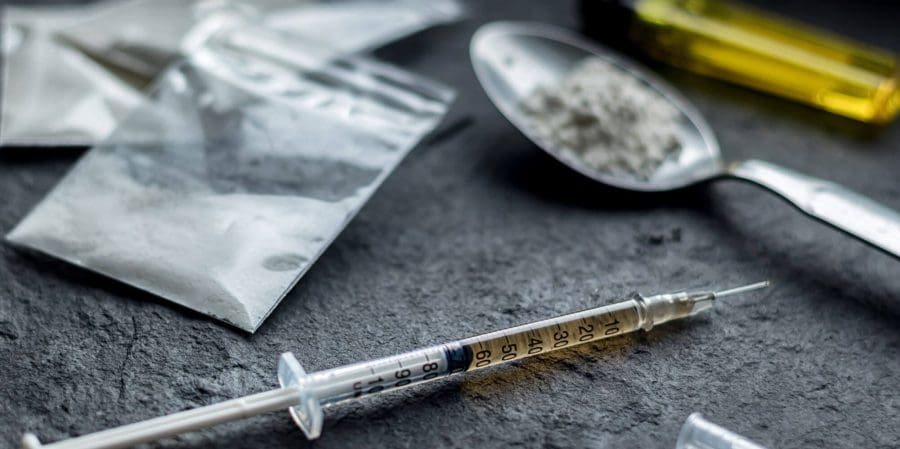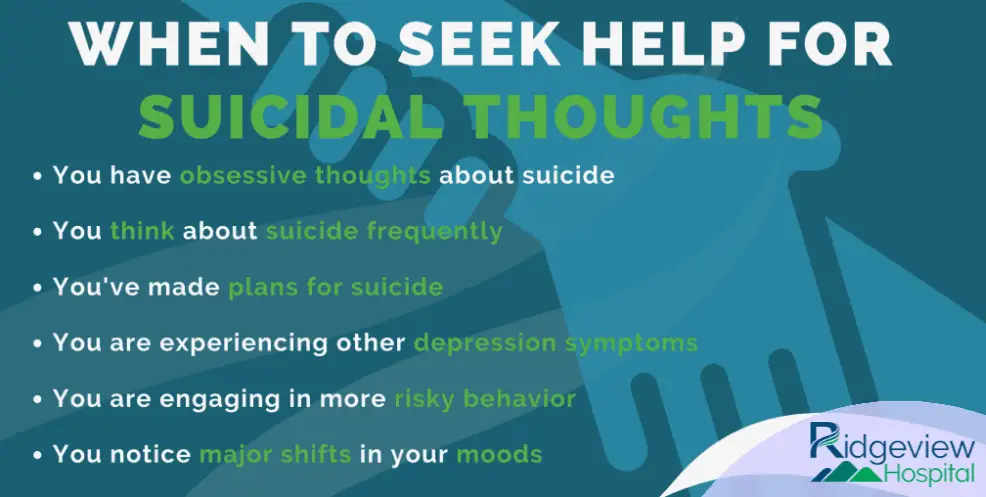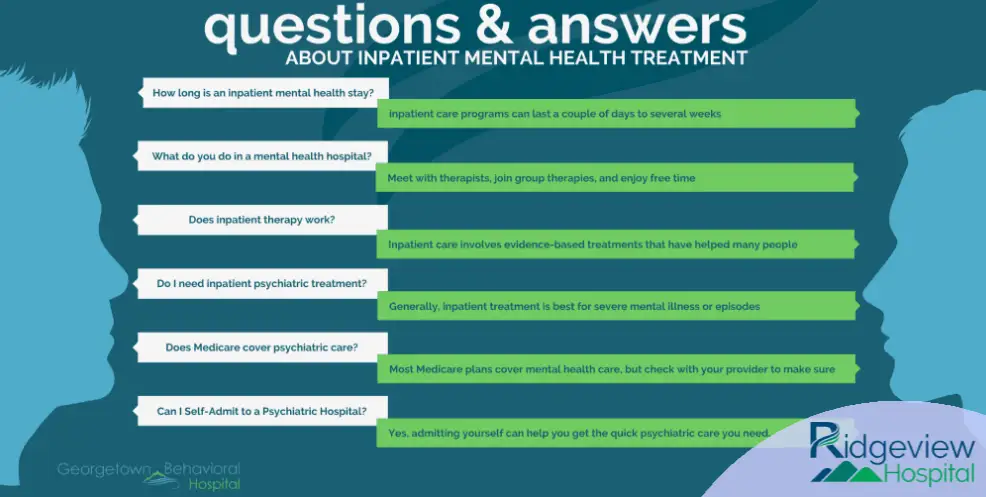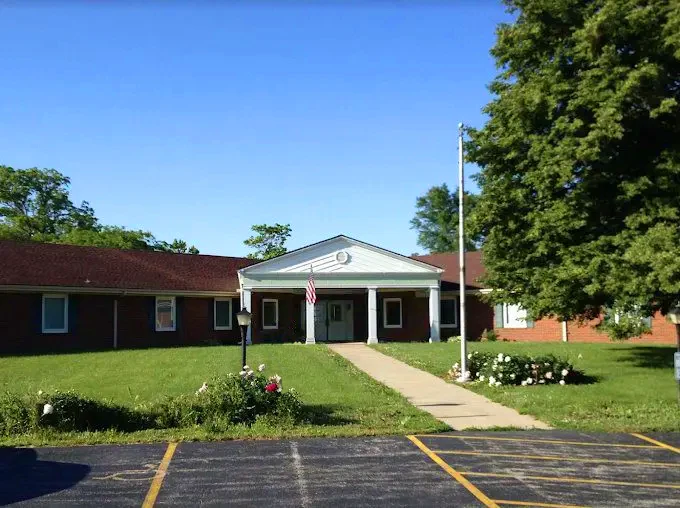The elimination of all traces of intoxicating drugs is the first step on the road to recovery. Detoxification, or “detox,” is a process that is unique to each person, and the consequences of that process range widely depending on the drug. If done incorrectly, heroin detox in Ohio may be a very painful experience. Symptoms and urges can be difficult to control without medical supervision when the body goes through chemical withdrawal. With this in mind, the staff at Ridgeview Behavioral Hospital developed a heroin drug detox program to aid in the rehabilitation process.

Overcoming Heroin Addiction
Understanding Heroin
Heroin, sometimes known as an opioid, is a highly addictive illegal narcotic.
After being entirely processed, heroin appears as a white, brown, or black powder. The ubiquitous white powder we see nowadays is true and pure heroin. Although the majority of heroin is injected, it can also be smoked or snorted. The way the drug is administered can increase the likelihood of addiction.
This substance is one of the most powerful around, and it may quickly lead to serious dependency and addiction, as well as overdose and death, which are all too common among users due to an underestimation of the drug’s potency.
What Is Heroin’s Addiction Potential?
As data has proven to show, heroin is still one of the most addictive narcotics used and misused across the country. Approximately 4.2 million people in the United States have used heroin at some point in their life, according to the National Institute on Drug Abuse. As a result of its use, 23% develop an addiction to the substance.
By the late 1990s, the death rate from heroin had risen to an all-time high, 20 times higher than the general population. That figure alone demonstrates how lethal this medication may be with just one use.
Side Effects of Heroin Withdrawal and How to Safely Detox from Heroin
It can be difficult to break free from frequent usage of addictive substances if a person has grown reliant on them. Heroin is one of the most addictive substances on the market. Even if a person is anxious to stop using, experiencing heroin withdrawal symptoms might send him or her back into a vicious cycle.
Knowing how to go through the detox process, including how to cope with the numerous withdrawal symptoms, can offer people hope that they will be able to overcome their addiction.
What to Expect When Detoxing from Heroin
The professionals at Ridgeview Behavioral Hospital are well aware of how challenging detox program can be. Our top priority is to safeguard our patients’ comfort and health during the detox process, and we have a comprehensive medical staff on hand to manage any medical problems or emergency circumstances.
Common Heroin Withdrawal Symptoms
Few people who are struggling with addiction seek treatment as soon as they realize they have a problem. Instead, before they receive therapy, their lives frequently spiral downward and out of control. Many people want to escape the pain of not using heroin, despite the fact that they are aware that it is harming their health, relationships, and future. And, because withdrawal is so unpleasant, addicts will go to any length to avoid it.
Although heroin withdrawal is typically regarded to be unpleasant but rarely life-threatening, fatalities can and do occur. Withdrawal consequences are frequently underestimated and under-monitored. This is why it’s so important to get help from professionals.
You may encounter some unpleasant bodily symptoms as a result of heroin withdrawal. The following are some of the most common heroin withdrawal symptoms:
- Drowsiness and fatigue
- Hallucinations
- Sweating
- Intense cravings
- Seizures
- Chills
- Insomnia
- Muscle aches
- Depression
- Anxiety and agitation
- Vomiting and nausea

Addiction to Heroin: A Treatment Method
People are taking heroin in greater numbers than ever before, and the fentanyl-laced street supply that is being utilized today has rendered it more hazardous than ever before. As a result, there is a great need for drug rehab clinics to treat those who are addicted to heroin and help them recover and get clean.
Although overcoming drug addiction may appear to be an insurmountable feat, it is doable with the correct treatment methods, resources, perseverance, and support.
Heroin Addiction Detox
During detox, heroin is eliminated from the body in an attempt to break the cycle of addiction and encourage sobriety. This unusual method of medication elimination causes painful physiological withdrawal symptoms in the body. According to studies, however, the withdrawal process might make heroin addicts even more hooked.
This is because withdrawal symptoms might be too much to bear, and as a result, a person may relapse and use to alleviate the symptoms and feel like they did before. The substance gets increasingly pleasurable and difficult to quit up.
Having support by your side is crucial. Despite the substantial danger of recurrence, effective detox is achievable.
Treatment for Heroin Addiction
We provide professional resources and teach our customers the necessary coping and living skills to assist them manage their illnesses throughout and after rehabilitation at Ridgeview Behavioral Hospital.
The following are some of the most popular types of therapies we utilize to treat heroin addiction and mental illness:
- Detoxification
- Individual therapy
- Relapse prevention
- Group therapy
- Family therapy
- Intervention
- Dual diagnosis treatment
Because everyone is different, treatment techniques for heroin addiction range from person to person. During and after your rehabilitation, a thorough treatment plan will be personalized to your unique requirements and goals.
FAQ
1. What is heroin detox?
Heroin detox is the process of removing heroin from the body and managing withdrawal symptoms. It is the first step in overcoming heroin addiction.
2. What are the common withdrawal symptoms during heroin detox?
Common withdrawal symptoms include anxiety, muscle aches, sweating, nausea, vomiting, diarrhea, and intense cravings for heroin.
3. How long does heroin detox take?
The duration of heroin detox varies but typically lasts between 5 to 10 days. The severity and duration of withdrawal symptoms can depend on the level of addiction and the individual’s overall health.
4. Can heroin detox be done at home?
While some may attempt detox at home, it is strongly recommended to undergo heroin detox under medical supervision to manage withdrawal symptoms safely and effectively.
5. What treatments are available to help with heroin detox?
Treatments for heroin detox can include medication-assisted treatment (MAT), such as methadone or buprenorphine, as well as supportive therapies like counseling and support groups.
Start Your Recovery with a Heroin Detox in Ohio
More than anything, patients need to know that they will receive the best possible care. It’s important to remember that the care you need today may be different from the care you need tomorrow. There are many types of therapy available at Ridgeview Behavioral Hospital, so reach out if you need assistance in the Middle Point, Ohio area.
Call (419) 949-8590 to speak with one of our treatment specialists and learn more about our programs. Take our 😍 Mental Health Assessment or our 🧐 Addiction Test.





















